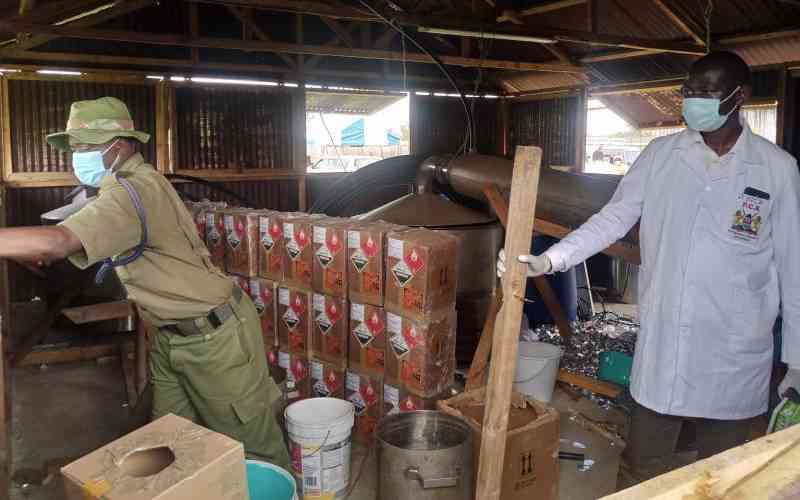We are in the auditorium of Gorilla Hall, at Hilltop Hotel in Kigali, Rwanda. There is a lull as a break quickly approaches. I start speaking to two participants about writing. They are excited until one of them says, Africa is a small market. I wish to publish in the US where there are more people, which equals more money. I put it to them that more people mean more competition as there are many writers too. Later on, I kept asking myself if there is a good market for books in Africa. My conclusion? Yes there is.
If you are a young writer, you should be thinking of writing for the African market. African governments are realising that there can never be meaningful development without an educated populace. Many governments in conjunction with development partners, like Unicef, DFID and USAID, are supporting development and buying of core educational material and even supplementary texts. Even though, they always require a certain quality, which you will do well to learn before embarking on your writing. This information is usually with editors in publishing companies and websites of the concerned institution.
Curiously, one of my two listeners said, like many of us opine of Kenyans, that Rwandans don’t read. I say curious because the seminar was all about correcting educational material for use in Rwandan schools.
Truth be told, the reading culture has waned a bit in this part of the world but it is not anything to worry a writer. Only stop writing when all booksellers and publishers have closed shop. Their doors are still open because there are consumers who walk through them every day.
Every market requires a product that suits it. Young writers must understand that people do not just buy books for the sake of buying. They do because they attach some value to them. Parents will buy school books for their children, children will prefer comics, teenagers might be interested in novellas that thrill and address such issues as identity and sexuality. Adults will read motivational books, self-development books and others that will help them climb the social ladder among other things.
‘Local’ content
Budding writers should therefore, write with the market in mind. It would be foolhardy to write about snow when we only have the planting and harvesting season, apart from the dry and wet season! The African market will only consume books that suit it.
There is a rule in writing that advocates ‘local’ content. Here is better than there. Just like many of us who crave kienyeji and not fatty fast food, the African market is crying out for books that reminds us of our heritage. I explained to my two aforementioned listeners that a great story, in most cases, is about you. In fact, I have always been of the opinion that anyone who knows himself or herself well will write great stories. Most west Africans, from Achebe to Chimamanda, anchor their stories in their traditions. Unlike these writers, many of the Kenyan writers run away from their cultures – sadly, we have been taught to demonise our identities. Celebrate Africa, and it will embrace you too.
In fact, this negative view of and that is among Africans is what lulls the reader to sleep when they attempt to consume our texts. Budding writers must write about experiences that have caused differences in African lives. Instead of poverty and hunger, write about that woman who fought a hyena to save her children! Write about that Muslim teacher who died while protecting his Christian brothers and sisters. Instead of wars and disease, write about refugees who have found families in the neighbouring countries that have helped them find their feet again.
Finally, no market consumes mediocrity. Quality sells and that is what budding writers should work on. Yet quality will never be realised without research, passion, consistency and persistence. It is only the diligent writer that will work towards these. Lazy bones will always complain about how blunt the hoe is – always looking for a reason not to till the shamba. Hard working writers will soon enjoy the fruits of their labour as the African market reminds them that this is where books are most required today.
 The Standard Group Plc is a
multi-media organization with investments in media platforms spanning newspaper
print operations, television, radio broadcasting, digital and online services. The
Standard Group is recognized as a leading multi-media house in Kenya with a key
influence in matters of national and international interest.
The Standard Group Plc is a
multi-media organization with investments in media platforms spanning newspaper
print operations, television, radio broadcasting, digital and online services. The
Standard Group is recognized as a leading multi-media house in Kenya with a key
influence in matters of national and international interest.
 The Standard Group Plc is a
multi-media organization with investments in media platforms spanning newspaper
print operations, television, radio broadcasting, digital and online services. The
Standard Group is recognized as a leading multi-media house in Kenya with a key
influence in matters of national and international interest.
The Standard Group Plc is a
multi-media organization with investments in media platforms spanning newspaper
print operations, television, radio broadcasting, digital and online services. The
Standard Group is recognized as a leading multi-media house in Kenya with a key
influence in matters of national and international interest.








